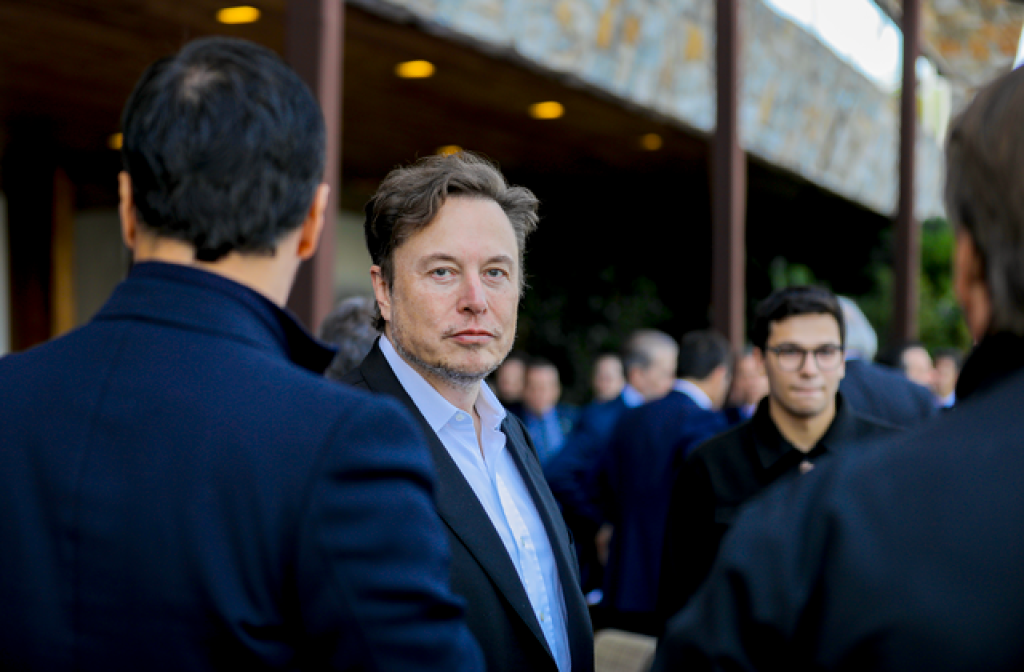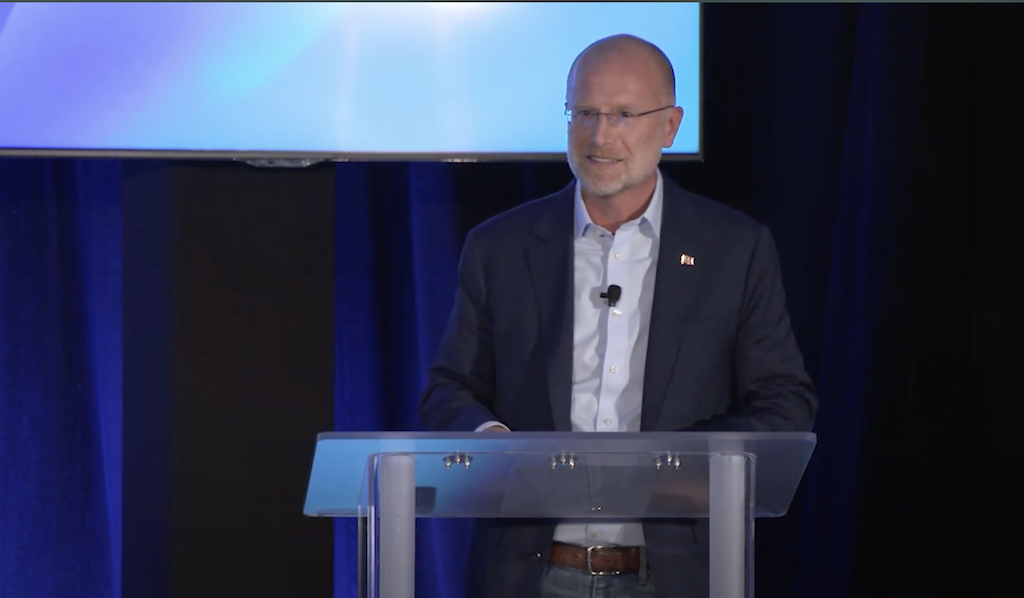Musk, Carr Zing White House Over BEAD Delays, Costs
'This government program is an outrageous waste of taxpayer money and is utterly failing to serve people in need,' Musk says to his 187.7 million followers on X.
Ted Hearn

WASHINGTON, June 19, 2024 – Elon Musk took to his X microblogging platform Wednesday to zing the Biden administration over its signature broadband deployment program designed to ensure all Americans have high-speed internet.
“This government program is an outrageous waste of taxpayer money and is utterly failing to serve people in need,” Musk said, echoing concerns frequently raised by Republican FCC Commissioner Brendan Carr, who reposted Musk’s comment.
Musk, who leads the SpaceX rocket company and its Starlink satellite internet division, has a huge following on X, with about 187.7 million followers. In a recent count, 70,000 had “liked” his latest slam of the Biden White House. Musk has owned X since 2022.
Musk was referring to the Broadband Equity, Access, and Deployment program run by the Commerce Department’s National Telecommunications and Information Administration. The program has $42.45 billion to fund projects to deliver fast Internet to about 7 million locations considered unserved and millions more considered underserved because of slow speeds.
Washington Republicans have continued to put the BEAD program under a spotlight, accusing NTIA of unlawfully imposing rate regulation on states in return for funding and for failing to award project money in a timely manner.
“$42 billion, years later, and the Biden Administration has not connected even one person to the Internet with these dollars,” Carr said in an X post Wednesday, following up on a June 14 post noting “that no construction projects will even start until 2025 at earliest.”
Fifteen federal agencies supervise 133 broadband programs administered by 15 agencies, according to a 2023 U.S. General Accountability Office study that said duplicative funding was a real risk and possibly hard to detect.
Some of the federal programs, including Treasury’s $10 billion Capital Projects Fund, have funded broadband projects around the country since Biden took office.
The BEAD money was included in the bipartisan Infrastructure Investment and Jobs Act of 2021.
Musk’s and Carr’s X posts came in reaction to a Tuesday article in the Washington Times that aired Republican grievances with the Biden administration’s management of the BEAD program.

NTIA Administrator Alan Davidson has pushed back against rate regulation accusations. The infrastructure bill required BEAD project winners to offer affordable plans for low-income users while at the same time banning rate regulation. Davidson said NTIA has been flexible with states in carrying out the affordability mandate.
As Biden administration supporters have pointed out, some Capitol Hill Republicans who voted against the BEAD law have cheered funding announcements issued by NTIA for their states.
NTIA has approved funding for just a handful of states so far, with Kentucky and Maine being the latest. Those states are many months away from funding projects.
Last December, Carr floated a proposal that would have the federal government cover the cost of supplying Starlink terminals to unserved locations as people there waited for BEAD projects to arrive.
”One argument is cut everybody a coupon for $600 – which is effectively the price of a Starlink dish – and mail that coupon to everybody and call it a day,” Carr said during an interview with Jason Calacanis of “This Week in Startups.”
By Carr’s math, a Starlink terminal each for the 7.1 million unserved would cost about $4.3 billion.
 Broadband BreakfastCorey Walker
Broadband BreakfastCorey Walker
It's not the first time Carr and Musk have tag-teamed in their criticism of BEAD. In January, the two engaged in an extensive back-and-forth, with others, on the merits of fiber versus satellite broadband.









Member discussion